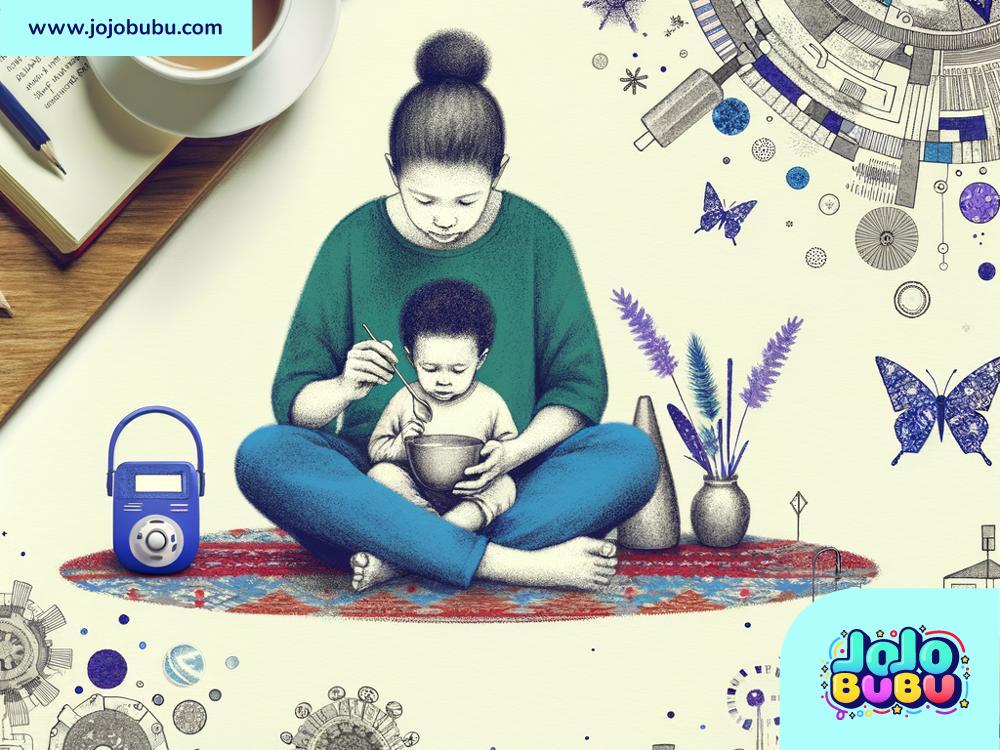Navigating Mental Health in Single Parenting: A Journey to Self-Care and Strength
Parenting is no small feat. It’s a beautiful yet challenging responsibility that requires unwavering devotion. When you’re a single parent, the weight of those responsibilities often feels even heavier. The demands of raising a child alone while managing work, finances, household chores, and personal relationships can easily become overwhelming. Amid this whirlwind of responsibilities, it’s common for mental health to take a backseat. However, prioritizing your mental well-being is essential—not just for you, but for your child, too. Here’s a guide to navigating mental health as a single parent, written in simple and supportive language.
The Unique Challenges of Single Parenting
Being a single parent comes with its own set of challenges. You may feel the pinch of financial strain, the tightening of a packed schedule, or perhaps the loneliness of not having a partner to share responsibilities with. There may be moments of self-doubt, frustration, or exhaustion. These feelings are valid, and many single parents experience them.
Parenting solo can also mean juggling multiple roles. You’re the cheerleader, the disciplinarian, the caregiver, and the breadwinner all rolled into one. It’s a lot for one person to handle, and it’s natural to feel emotionally and physically drained from time to time. Acknowledging these challenges is the first step toward understanding the importance of taking care of your mental health.
Why Mental Health Matters in Single Parenting
When your mental health is neglected, it can affect your ability to parent effectively. You may feel irritable, distant, or overwhelmed, and these emotions can impact your relationship with your child. Children are perceptive—they can sense when their parent is stressed, anxious, or unhappy.
Taking care of your mental health doesn’t mean neglecting your child’s needs. In fact, it’s a gift to both of you. When you prioritize your well-being, you can model resilience, emotional regulation, and self-care for your child. A happy parent creates a happier home environment.
How to Navigate Mental Health as a Single Parent
Here are some manageable steps to help protect and strengthen your mental health:
1. Practice Self-Compassion
It’s easy to feel guilty when things don’t go as planned, or when you feel you’re not living up to parenting expectations. But remember, you’re doing your best—and that’s enough. Treat yourself with kindness, just as you would comfort a friend. Acknowledge that parenting alone is hard work, and it’s okay to feel tired or overwhelmed.
2. Build a Support System
Having people you can lean on makes a big difference. Reach out to friends, family, or community groups who can offer emotional support, advice, or even practical help like babysitting or running errands. Many single parents find solace and encouragement in connecting with others who are in similar situations, either through online forums or support groups. Asking for help doesn’t make you weak; it shows strength and wisdom.
3. Carve Out "Me Time"
It’s easy to lose yourself in the hustle of daily parenting. But even small pockets of time dedicated to yourself can recharge your batteries. Whether that’s enjoying a quiet cup of coffee, reading a book, or going for a walk, make self-care a priority. You deserve moments of peace and joy, even on the busiest days.
4. Set Realistic Expectations
The world expects a lot from parents, and single parents often place enormous pressure on themselves to do it all. The truth is, you don’t have to be perfect. It’s okay to let some things go or ask for help when you need it. Create realistic goals for yourself and your child, and focus on making progress rather than being flawless.
5. Seek Professional Help If Needed
If you notice that feelings of sadness, anxiety, or anger are persistent and interfering with your daily life, consider reaching out to a mental health professional. Counseling or therapy can provide valuable tools and coping strategies to help you navigate difficult emotions. There is no shame in seeking help—in fact, it’s one of the greatest acts of self-love and courage.
6. Celebrate Small Wins
Every success, no matter the size, is worth celebrating. Did your child finally go to bed on time? Did you manage to stick to your budget this month? Did you take a few minutes to yourself today? Recognizing small victories can help shift your mindset toward positivity and gratitude.
7. Teach Your Child Emotional Wellness
As you work on your own mental health, you can also help your child develop emotional skills. Encourage open communication and express your feelings in an age-appropriate way. Teach your child that mistakes are opportunities to learn, and that taking care of mental health is a priority for everyone.
You Are Not Alone
Single parenting can feel isolating at times, but remember, you’re not alone. Millions of parents around the world face similar challenges and triumphs every day. It’s okay to feel vulnerable—it’s a natural part of being human. What matters most is that you show up for yourself and your child, even when things get tough.
Final Thoughts
Navigating mental health as a single parent isn’t always easy, but it’s a journey worth embarking on. By taking small, meaningful steps to prioritize self-care and build a support system, you can create a healthier, happier environment for yourself and your child. Remember, taking care of your mental health is not selfish—it’s an essential part of parenting. Be kind to yourself, and take it one day at a time. You’ve got this!

